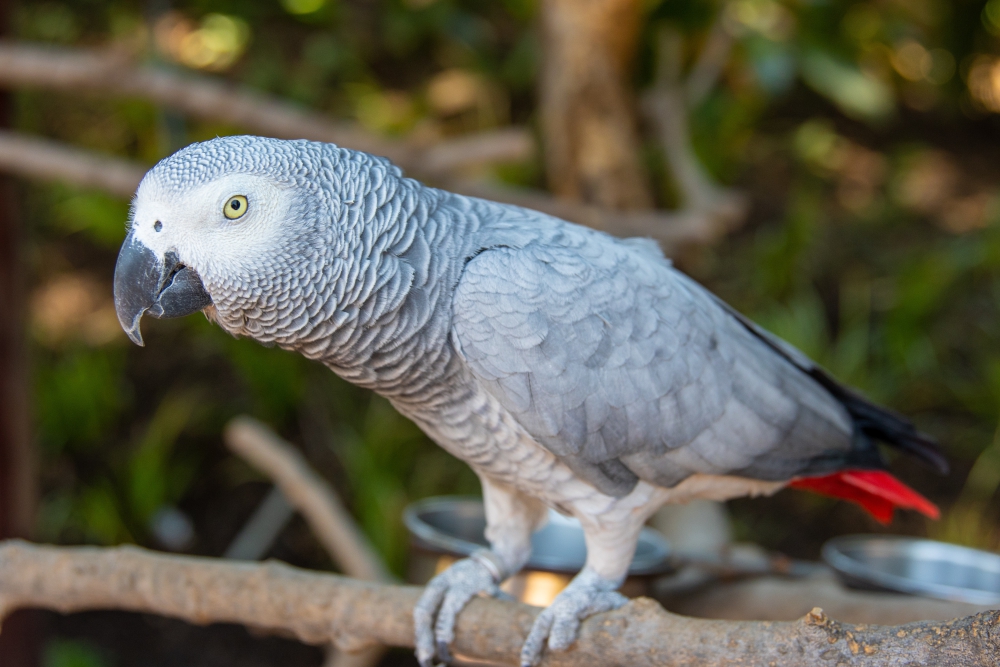Prohibited Animals
Some species of animals are restricted or prohibited. If you have any doubts about whether your pet is allowed into the Netherlands, be sure to double check with the Dutch Embassy in your country.
Parrots
There are also strict restrictions on owning African Grey Parrot’s in The Netherlands
Dogs
Since 2008, it is no longer illegal to own pitbull terriers, pitbull cross breeds and Rottweilers . However the animals temperament will be tested and if it is found to be aggressive, it may be euthanized.
Forbidden Species
There is a list of 30 mammal species that can be keep as a pet (in Dutch)
Do you own a mammal that is not on the list on or after July 1, 2024? You are still allowed to keep the animal in question but it may not be released into the wild. You must be able to prove that it was already in the Netherlands before 1st of July 2024, for example, with proof of purchase, pet passport or vet’s bill. It must be clear that you are the owner of said animal. Your animal will then fall under transitional law. This means that:
– you can keep the animal until it dies;
– the animal may be resold or passed on;
– you are no longer allowed to breed the animal from July 1, 2024.
Various organizations check whether you comply with the rules. These are the National Animal Welfare Inspection Service, the police and the Dutch Food and Consumer Product Safety Authority. They will do this from July 1, 2024 onwards.
For more information and how to apply for exemption go to: https://www.rvo.nl/onderwerpen/dieren-houden-verkopen-verzorgen/huis-en-hobbydierenlijst#de-huis–en-hobbydierenlijst

